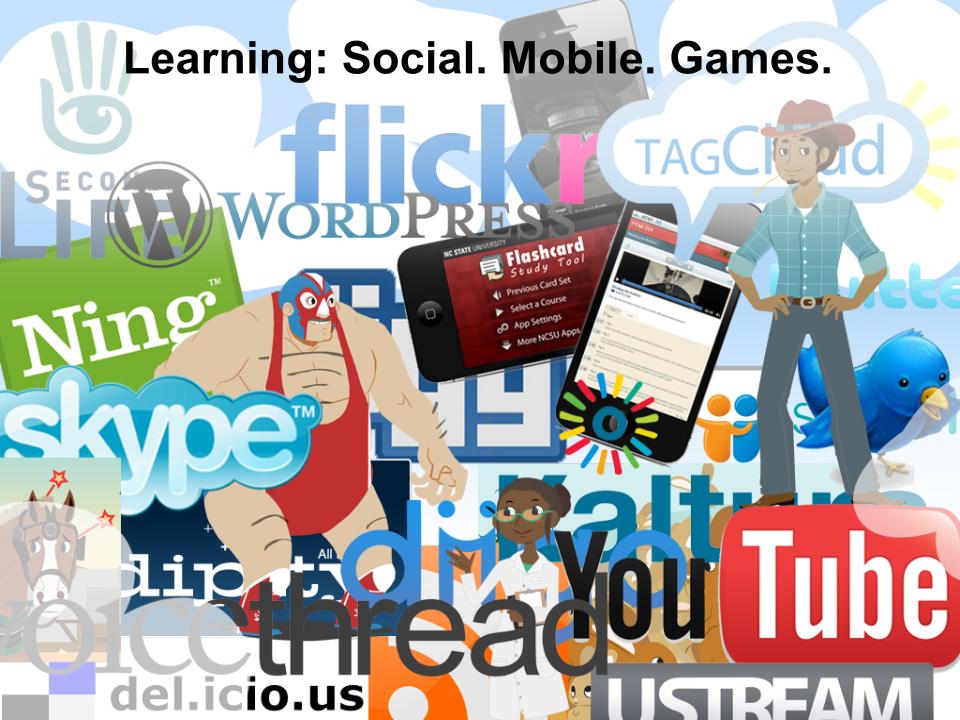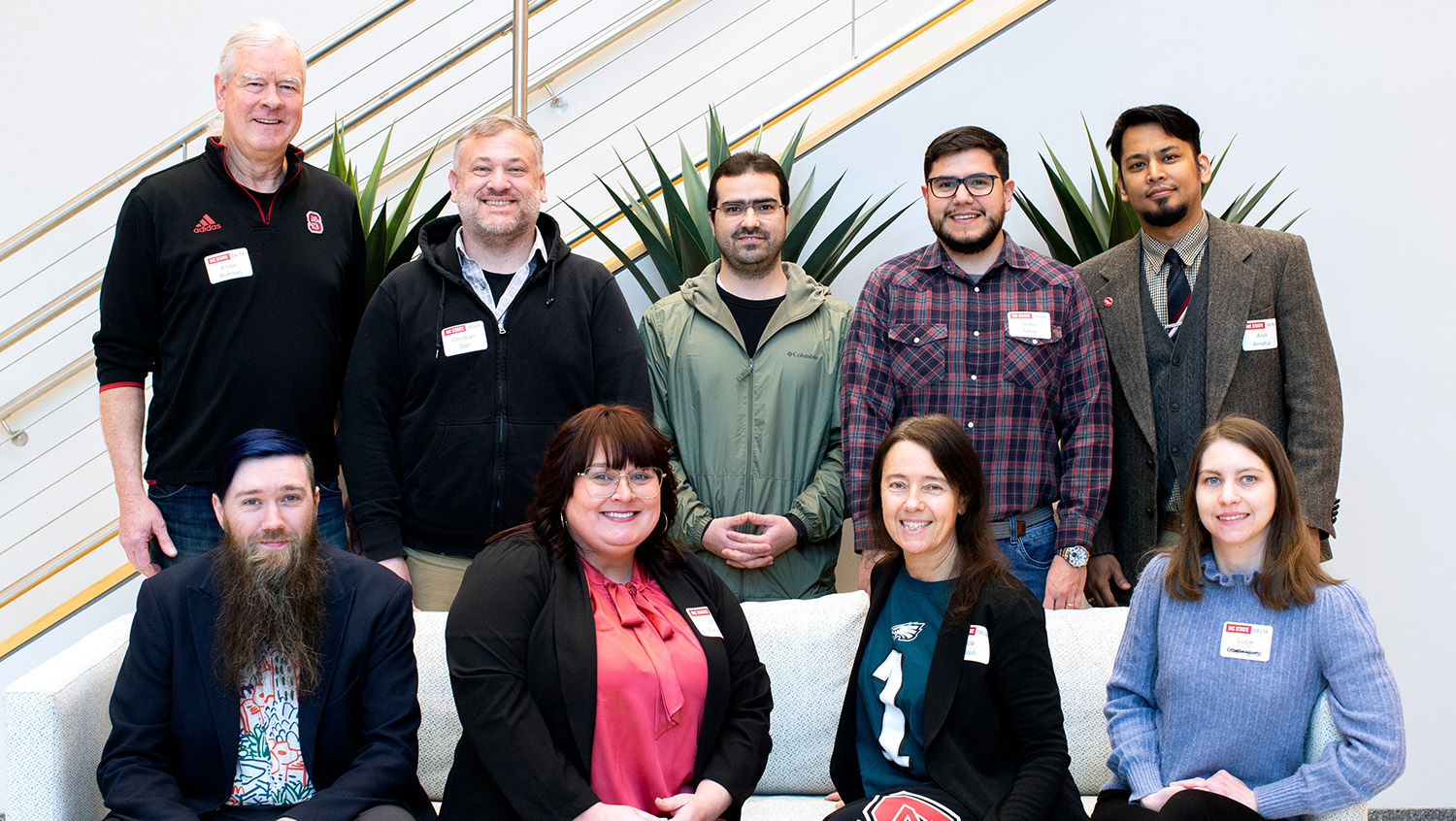DELTA Spotlights Successful Use of Educational Games, Social Media and Mobile Learning


With so many social media platforms, so many mobile formats, and so many gaming options out there, where does an innovative online instructor begin?
That was the central question addressed this month by a team of DELTA new media developers and instructional designers at a sold-out event hosted by the Research Triangle Area chapter of the American Society for Training and Development. DELTA was one of three educational developers invited to speak to ASTD’s membership on the topic of games, social, and mobile learning, following up on a well-received presentation during a similar event hosted by the chapter last year.
Last year’s presentation focused on the ever-changing landscape of available tools for instructional technology, and the need for instructors to keep up with all the new digital tools and identify opportunities for their courses. This year’s presentation built upon that theme, identifying the process behind selecting the right tool for each job.
And whether it leads to the customization of a social media platform or the development of a mobile game, the process is remarkably similar.
DELTA’s team of presenters — Creative Director Mike Cuales, Assistant Director Amanda Robertson, Senior Instructional Designer Cathi Dunnagan, Lead Interaction Designer David Tredwell, and Instructional Designer Brook Corwin — outlined some of the key questions they consider when evaluating the use of social, mobile, or gaming solutions. The questions vary, but they all relate to the student outcomes of the course. In short, what does the instructor want students to be able to do? Examples include:
-
Share and collaborate on assignments
-
Connect subject matter to real world occupations
-
Create their own instructional content
-
Synthesize information from multiple disciplines
-
Remain engaged in the subject after the class concludes
-
Build a sense of community as a class
Once these outcomes are specified, the research begins on existing tools that could meet the goals. For online classes where collaboration and community are essential, DELTA has leveraged flexible social media platforms such as VoiceThread, WordPress, and Ning, then customized a space to fit the identify of the course.
For classes that required students to apply knowledge to real world applications, DELTA designed instructional content that could be accessed on a mobile device via QR codes placed strategically in spaces connected to the material. DELTA also developed ways instructors could use mobile devices to film, edit, and share interviews with real-life experts who demonstrate how the lessons of the class apply in the workforce.
Sometimes, the right tool doesn’t already exist, and that’s when DELTA invests its expertise and creativity to produce its own solution. Such was the case for The Mane Event, an interactive, mobile game providing multidisciplinary instruction in Equine Science. For this project, DELTA put established gaming concepts such as personalization, achievement-based advancement, and mini-games into practice serving the unique instructional needs of the course.
ASTD members work in a variety of fields designing online training for the corporate and educational sectors. The presentation gave DELTA an opportunity to directly address their questions related to mobile and gaming solutions, while also networking with other innovators in the field. The mutually beneficial partnership is one DELTA looks forward to continuing in 2014.


